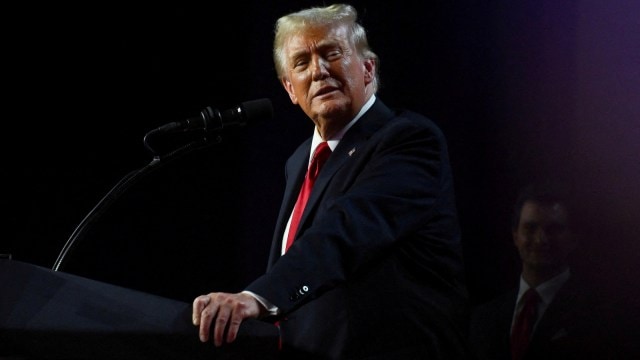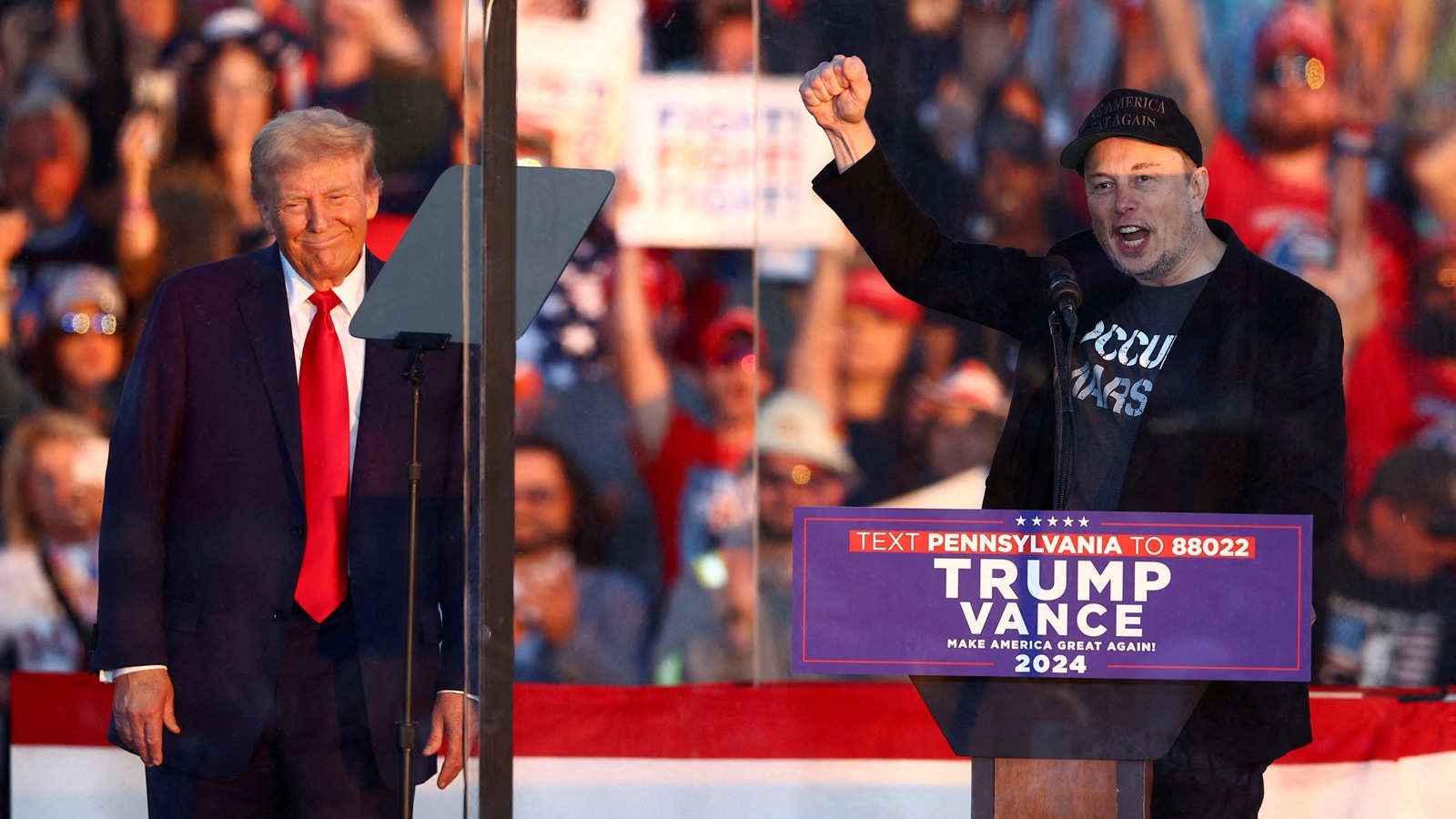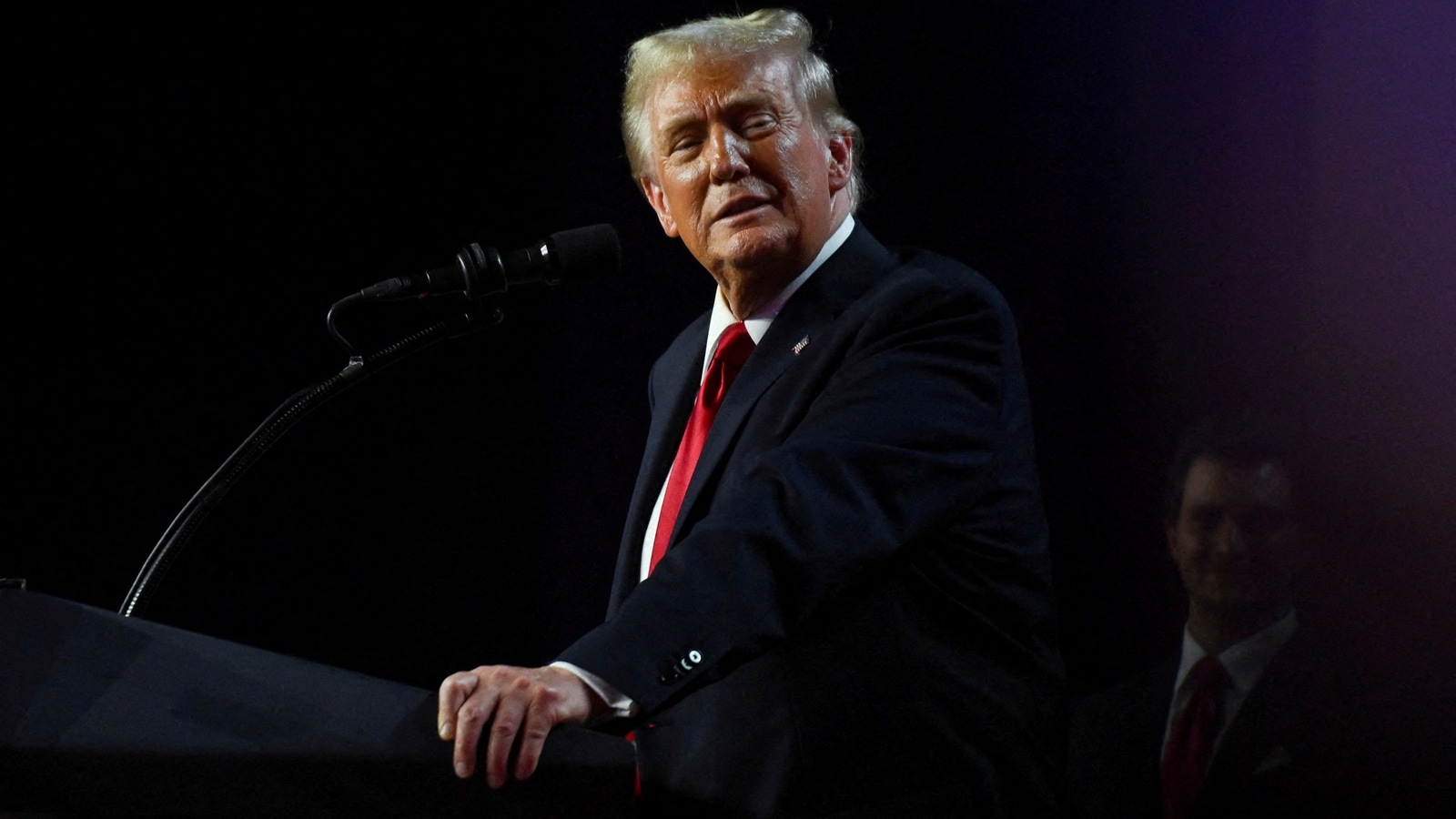
Donald Trump’s victory in the US elections is bound to cast a bleak shadow over the fortnight-long climate negotiations beginning in Azerbaijan’s capital Baku tomorrow. Outgoing President Joe Biden’s Envoy for Climate John Podesta will lead the US delegation at the CoP-29. But the US stance at the Baku meet will need to be seen against the looming threat of a second withdrawal from the Paris Pact – one of Trump’s campaign points. In fact, there are reports of climate sceptic lobbyists pushing Trump to go further in his second stint at the White House by withdrawing from the UN Framework Convention on Climate Change. This would mean that the world’s highest per capita greenhouse emitter will not only abdicate the Paris Pact, but it will also withdraw from all climate negotiations under the UN aegis.
Trump has also indicated that he will undo Biden-era subsidies on green energy, evoke emissions-related regulations and ramp up fossil fuel exploration. The downscaling of US ambitions could also embolden climate sceptics in other parts of the world to roll back existing commitments. Already, there is enough evidence that the developed world’s global warming mitigation plans are way short of what is necessary to meet the Paris Pact’s target of keeping temperature rise down to 1.5 Degrees Celsius.
More fossil fuel
In the run-up to the US elections Ahead of the election, a experts from conservative think tanks came together to publish a controversial document, Project 2025 — a series of policy recommendations for a second Trump presidency. Experts fear that the implementation of the fossil fuel-centred approach of the document could result in the US adding four billion tons to its emissions by 2030. This would make it virtually impossible for the world’s second-highest emitter to meet its 2030 target of cutting emissions by half of 2005 levels – vital to the Paris Pact’s 1.5-degree goal.
The Biden era was notable for some improvement in the mobilisation of climate finance needed for the developing world. However, by all accounts, the amount so far is only a fraction of what is required by the Global South, and it also pales into insignificance when compared to America’s historical responsibilities. But with Trump at the helm in the US, the reform of the international finance system, necessary to ramp up climate funding, could be seriously jeopardised. In fact, with Republicans controlling the Congress, Trump could be better positioned in stalling international finance architecture reform. A Trump administration could also mean more protectionism and could work to the detriment of Indian solar exports to the US.

Show must go on
Even under Biden, the US has not made any commitment to the post-2025 global climate funding arrangement – the New Collective Quantified Goal on Climate Finance (NCQG). It has, instead, insisted that contributions should be voluntary. A Trump administration could further queer the pitch for international climate negotiations.
At the same time, however, multilateral pacts should not be hostage to the political climate of individual countries, however powerful. A potential US disengagement from climate pacts could be an opportunity for countries like India and China to make their voice heard more clearly, and even take over the leadership mantle. At the previous CoPs and in climate meets in the run-up to Baku has been a leading voice in the Global South’s demands for at least $ 1 trillion every year, in climate funding from developed countries. New Delhi has also used its stewardship of the International Solar Alliance to pitch itself as a leader of the Global South in multilateral climate fora.
Coalition of the vulnerable
However, an important section of developing countries, the Small Island states, most vulnerable to global warming, have not always been on the same page with India in climate negotiations. Countries threatened to be washed out by sea-level rises and extreme weather events often view India’s principled approach on developed countries fulfilling their climate responsibilities with suspicion – an alibi for the third highest GHG emitter to not take up more responsibilities.
The challenge for Delhi then is to communicate to these countries that vulnerable communities everywhere are in the same boat. Droughts, warming seas and oceans and extreme weather have been taking a toll of lives and livelihoods of the poor in several parts of India, as they are in small island states and other parts of the world. India’s climate stance in a post-Trump world will be keenly watched. In the next fortnight at Baku, it could make a start in forging a coalition of the vulnerable.
Till next time
Stay well
Kaushik Das Gupta



